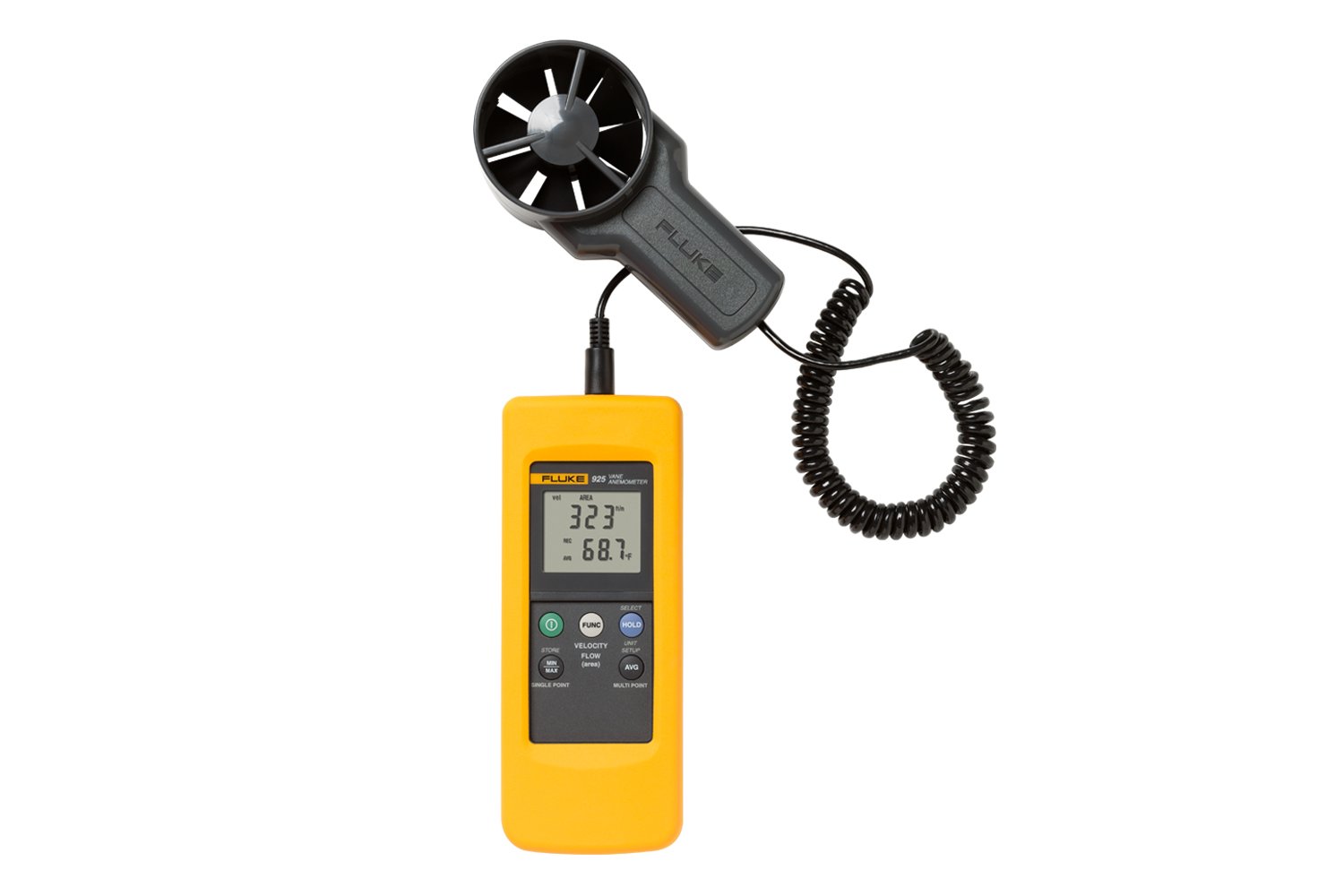All You Required to Understand About Anemometers: Exactly How They Work, Why They Matter, and Where to Utilize Them
Anemometers, however typically ignored in the world of clinical tools, play a vital duty in numerous areas, providing valuable insights into wind rate and air movement patterns. Understanding the mechanics behind these tools is necessary for anybody looking for to harness the power of this data. From meteorologists tracking weather patterns to designers developing frameworks with wind loads in mind, the applications of anemometers are varied and significant. As we explore the intricacies of anemometer modern technology, we will certainly discover the inner workings of these tools, their relevance, and the key considerations when selecting the ideal anemometer for certain applications.

Anemometer Essentials
A necessary tool made use of to determine wind rate and instructions, the anemometer plays an important function in weather forecasting and various markets. An anemometer normally includes 3 or four mugs that revolve in the wind, a vane that points into the wind, and sensors to track the activities or turnings. By determining the turnings or activities over a details period, the anemometer can establish wind speed. The vane assists figure out wind direction by pointing right into the wind, providing important information for weather condition projecting, air travel, maritime operations, environmental tracking, and wind power applications.
There are different kinds of anemometers readily available, consisting of mug anemometers, vane anemometers, hot-wire anemometers, and sonic anemometers, each with its distinct attributes and applications. Mug anemometers are generally used for basic wind rate measurements, while vane anemometers are favored for directional dimensions. Hot-wire anemometers are ideal for reduced airspeeds, and sonic anemometers are optimal for high-precision dimensions in study and commercial setups. Understanding the fundamentals of anemometers is crucial for exact wind information collection and evaluation throughout different sectors.
Principles of Anemometer Procedure
Structure on the fundamental understanding of anemometer essentials, the principles of anemometer procedure clarify the auto mechanics behind wind speed and instructions measurements. Cup anemometers, for circumstances, have three or more cups that capture the wind, causing them to rotate faster as the wind rate boosts. Hot-wire anemometers depend on a warmed cord that cools down as wind passes over it, with the rate of cooling down identifying the wind speed.
Importance of Anemometers
Anemometers play an essential function in determining wind speed and direction, supplying crucial information for weather condition forecasting, climate researches, environmental surveillance, and air travel procedures. Meteorologists depend on anemometers to collect precise my site wind data, assisting them recognize weather condition patterns, predict tornados, and issue prompt cautions to the public. Wind farm drivers make use of anemometers to examine wind conditions and make best use of electrical energy production from wind turbines.
Applications Across Different Industries
Applications of anemometers cover throughout varied markets, showcasing their convenience and utility past weather forecasting. In the renewable resource industry, anemometers play an important function in evaluating wind conditions for wind ranch placements, guaranteeing optimum power manufacturing. Industries like construction and mining utilize anemometers to monitor wind rates, vital for security protocols, especially when functioning at elevations or in open-pit mines where solid winds can present hazards. Anemometers are additionally integral in the air travel market, assisting pilots in comprehending airspeed and wind direction for secure liftoffs and landings. The maritime field advantages from anemometers for ship navigation, assisting seafarers prepare for weather adjustments and change courses as necessary. In agriculture, anemometers help farmers in managing crop spraying by giving real-time information on wind speed to avoid drift. Anemometers locate applications in Heating and cooling systems to optimize air flow and improve power performance in buildings. The varied usage cases of anemometers highlight their relevance throughout different industries, highlighting their essential duty in enhancing operational safety and security and performance (anemometer).

Choosing the Right Anemometer for Your Demands
Selecting the ideal anemometer customized to your certain requirements is important for acquiring exact wind speed and instructions dimensions. When picking an anemometer, take into consideration aspects look what i found such as the desired application, required dimension range, ecological problems, and preferred functions. For general purposes, a mug anemometer is ideal for measuring wind rate, while a vane anemometer supplies wind instructions data. Hot-wire anemometers are suitable for reduced airspeed measurements, and ultrasonic anemometers supply high accuracy and longevity.

Conclusion
In conclusion, anemometers play a vital function in determining wind speed and direction throughout different sectors. It is crucial to consider the relevance of anemometers in order to make informed choices when picking the most suitable gadget for measuring wind conditions.
There are numerous types of anemometers offered, consisting of mug anemometers, vane anemometers, hot-wire anemometers, and sonic anemometers, each with its unique find out here now features and applications. Cup anemometers are frequently utilized for basic wind speed dimensions, while vane anemometers are chosen for directional dimensions. Hot-wire anemometers are suitable for low airspeeds, and sonic anemometers are ideal for high-precision measurements in study and industrial settings.Structure on the foundational understanding of anemometer basics, the principles of anemometer operation clarify the technicians behind wind rate and instructions measurements. For basic purposes, a mug anemometer is ideal for determining wind rate, while a vane anemometer gives wind instructions information.
Comments on “Why an Anemometer is Essential for Your Environmental Data Collection”